Don’t Adopt a Cat Unless You Know These 15 Things
Adopting a cat can be one of the most rewarding experiences, bringing endless joy and companionship. However, it’s important to realize that taking care of a cat involves much more than providing food and water. Cats have unique needs and quirks that require patience, understanding, and a long-term commitment. Without proper preparation, what starts as an exciting experience can quickly become overwhelming.
If you’re considering welcoming a feline friend into your home, here are 15 essential things to know to ensure you and your future cat are a perfect match.
1. Cats Have Long Lifespans
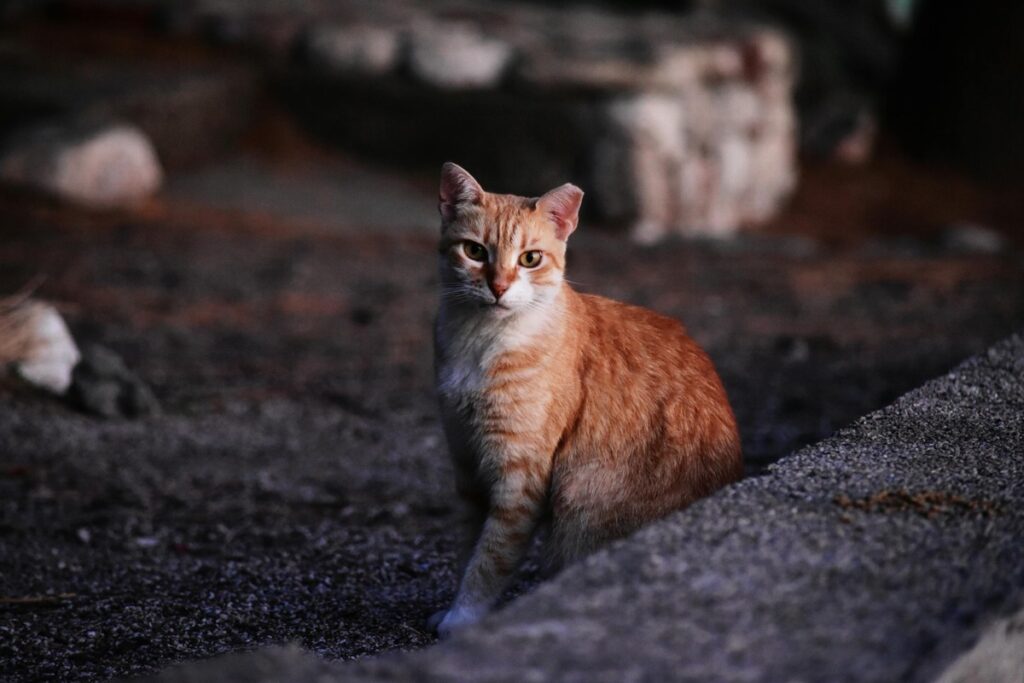
Cats can live anywhere from 12 to 20 years or more, depending on their breed, genetics, and overall health. Bringing a cat into your life is not a short-term decision, and you’ll need to be ready to care for them through every stage of their life, from playful kittenhood to their slower senior years. This includes being prepared for their changing needs as they age, such as special diets, joint support, or more frequent vet visits.
2. Cats Are Independent but Not Low-Maintenance
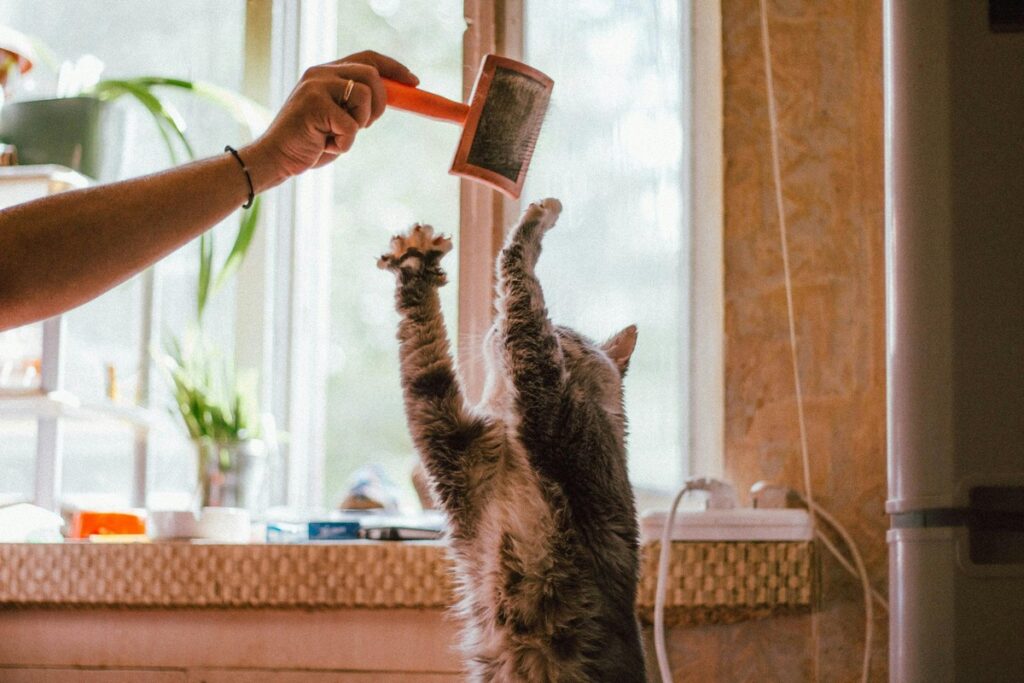
While cats are often praised for their independence, they still need regular care and attention. They may not demand constant walks like dogs, but they thrive on interaction, playtime, and affection. Neglecting their need for mental stimulation or companionship can lead to behavioral issues such as scratching furniture or excessive vocalization. They might be independent, but they rely on you for their physical and emotional well-being.
3. They Require Regular Vet Care
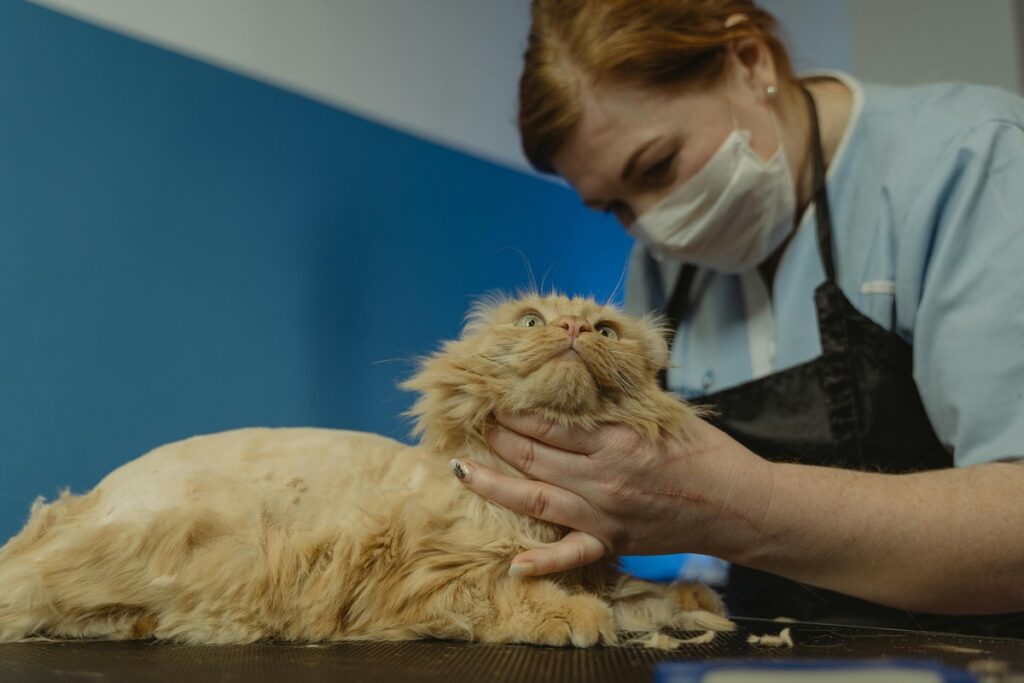
Routine vet checkups are crucial for keeping your cat healthy. Vaccinations, flea and tick prevention, and dental care are non-negotiable. As they age, cats may also develop chronic conditions like kidney disease or arthritis, which require medical attention and ongoing management. Budgeting for these regular expenses, along with potential emergencies, is essential to providing them with the care they need.
4. Litter Boxes Need Daily Attention
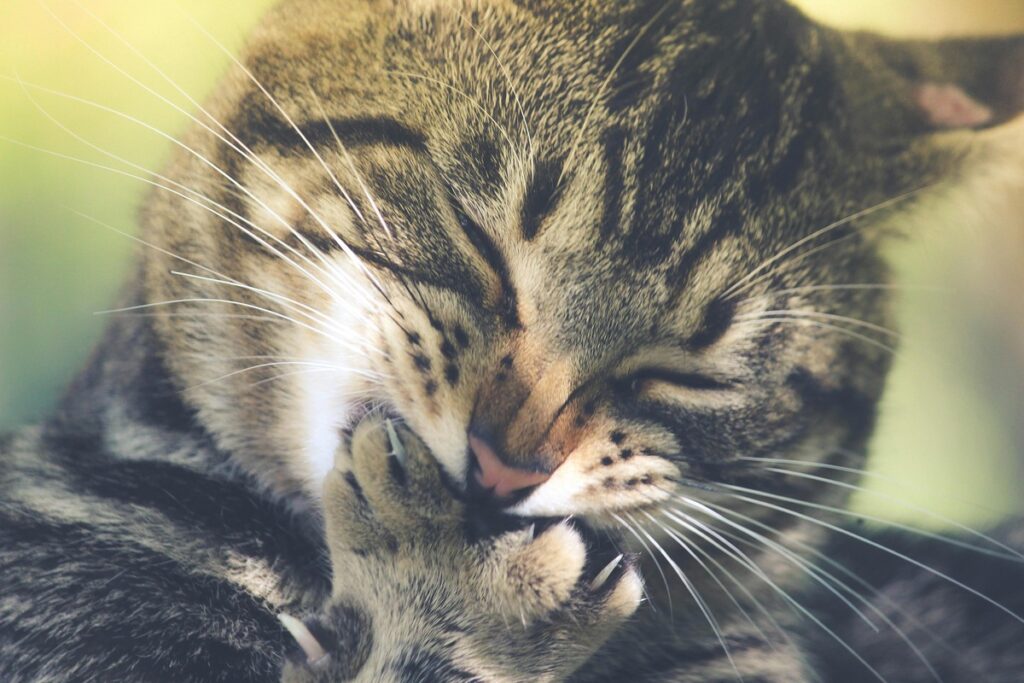
Cats are fastidious animals and expect their litter box to be clean at all times. A dirty litter box isn’t just unpleasant for them; it can also lead to litter box avoidance and stress. Scooping daily and doing a full clean weekly will help maintain their hygiene and keep your home odor-free. The type of litter and box you choose also matters—cats can be surprisingly picky, so you might need to experiment to find what works best for them.
5. They Can Be Expensive

Adopting a cat isn’t just about the initial fee or adoption cost. Expenses add up quickly when you factor in high-quality food, litter, toys, scratching posts, grooming supplies, and regular vet care. On top of that, emergency medical bills can be costly, so having a financial plan or pet insurance in place can save you from unexpected stress.
6. Cats Have Strong Instincts
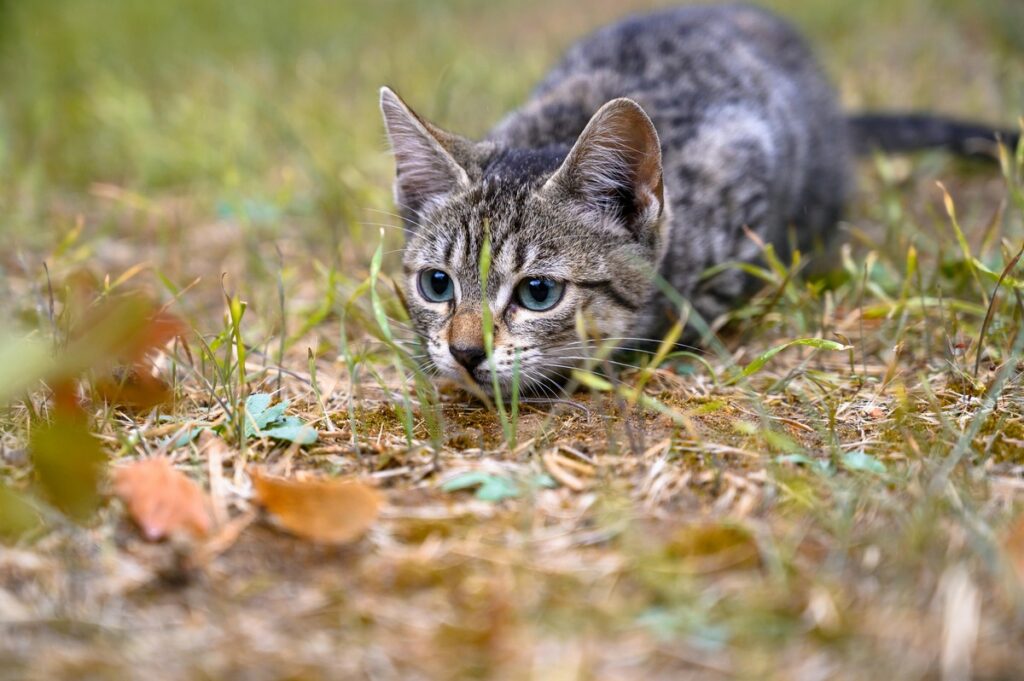
Cats are natural hunters with strong instincts to climb, scratch, and explore. Without proper outlets, these behaviors can manifest in destructive ways, like shredded furniture or broken household items. Investing in scratching posts, cat trees, and engaging toys will help channel these instincts positively. It’s also important to cat-proof your home by keeping fragile or dangerous items out of reach.
7. Some Cats Are Aloof

Not all cats are cuddly or social, and some may take time to warm up to you. While some cats will eagerly climb into your lap, others might prefer observing from a distance. Their personalities can vary widely, so it’s essential to meet the cat before adopting to ensure their temperament aligns with your expectations and lifestyle.
8. They’re Prone to Hairballs and Shedding
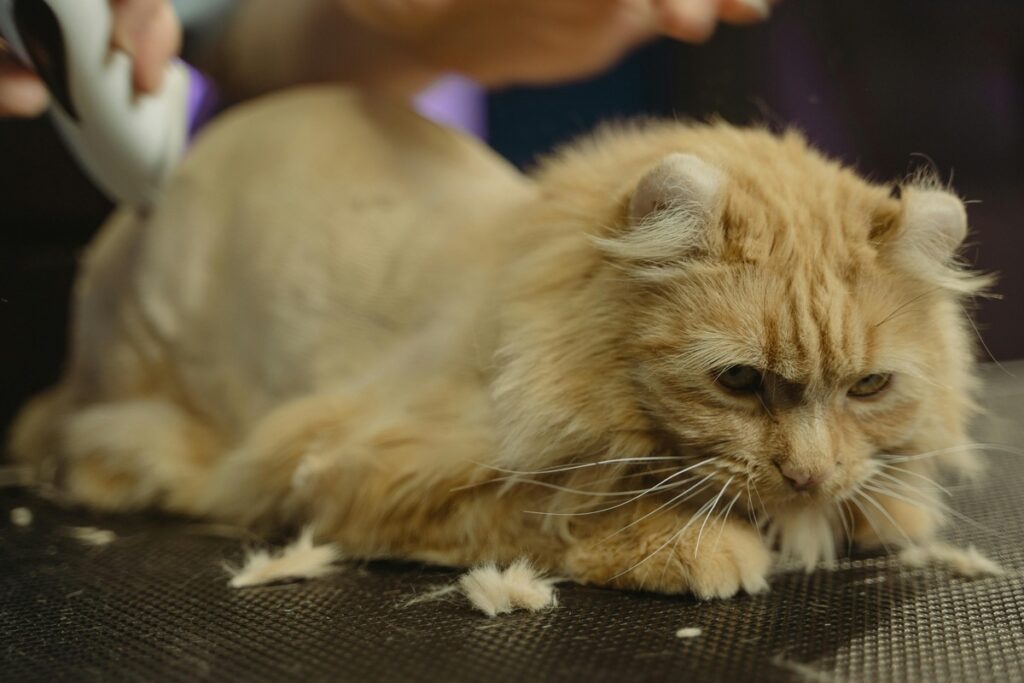
Cats groom themselves frequently, which helps keep them clean but also leads to hairballs and shedding. Regular grooming with a brush can minimize shedding and keep your home cleaner. Long-haired breeds, in particular, require extra attention to prevent mats and tangles. Be prepared to vacuum frequently and clean up fur from your furniture and clothing.
9. Diet Matters
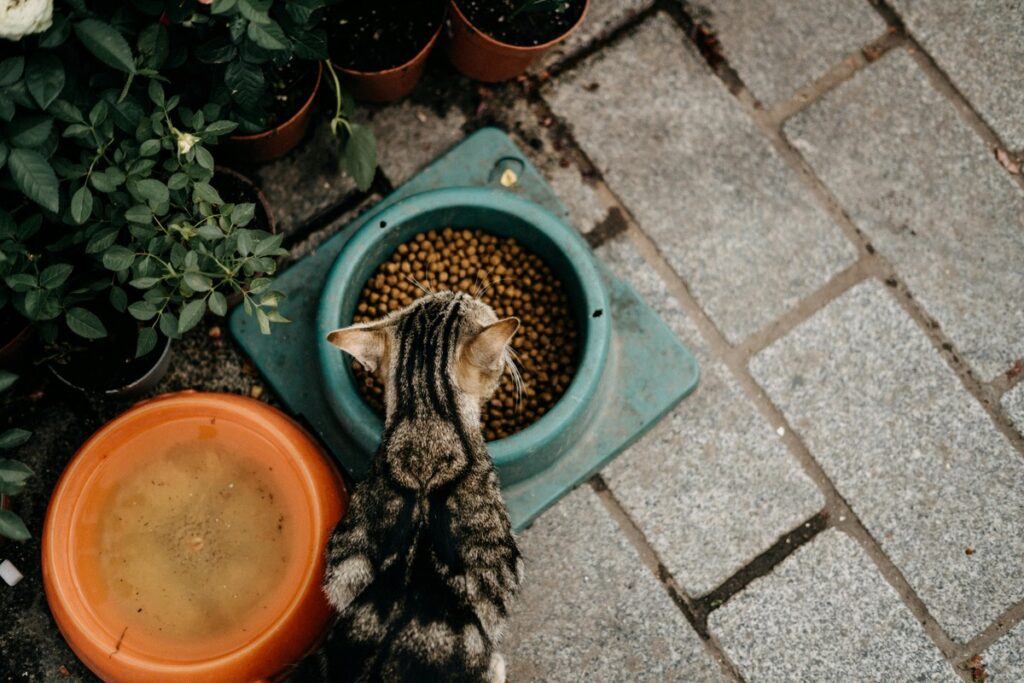
Feeding your cat isn’t as simple as filling a bowl with any food. A balanced diet tailored to their age, activity level, and health conditions is essential for their well-being. Cats are obligate carnivores, meaning they require meat in their diet to thrive. Low-quality food can lead to health issues, so investing in high-quality options and consulting your vet about their dietary needs is crucial.
10. Cats Can Be Territorial
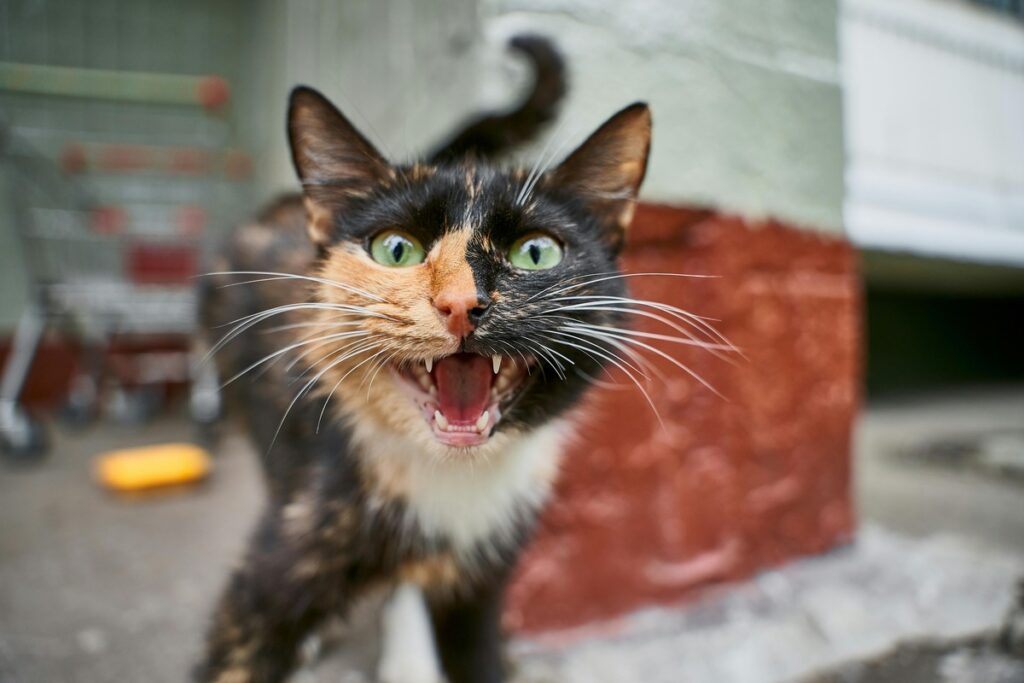
Cats are territorial by nature and may struggle with changes in their environment, such as moving to a new home or introducing another pet. Stressful situations can lead to behavioral issues like spraying or aggression. Providing them with their own safe space and introducing changes gradually can help ease these transitions.
11. They Need Mental Stimulation
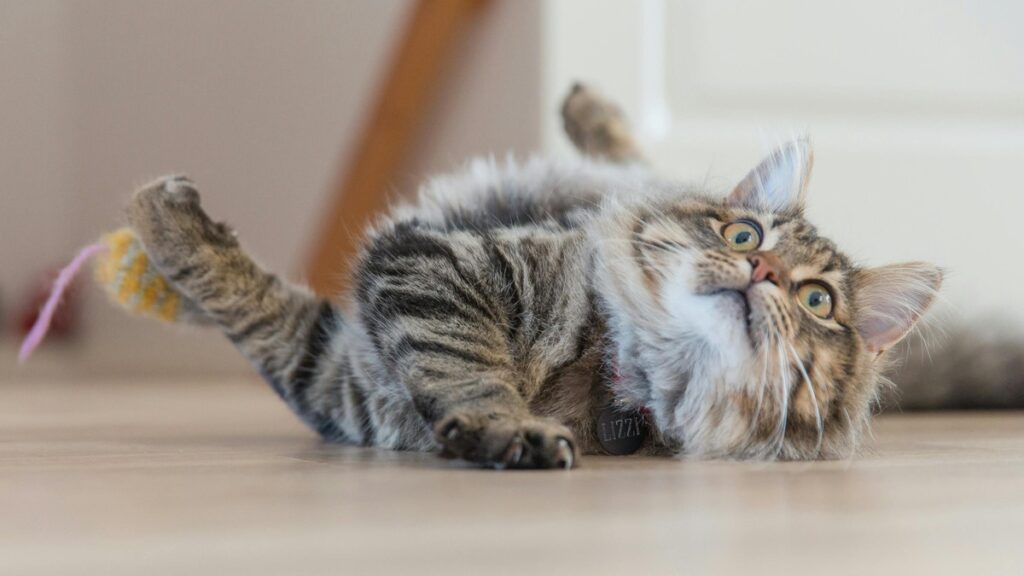
Without enough mental stimulation, cats can become bored and develop destructive habits. Interactive toys, puzzle feeders, and activities like hiding treats around the house can help keep them entertained. If you’re adopting an indoor cat, consider adding window perches or safe access to outdoor enclosures so they can observe the world around them.
12. Cats Can Be Nocturnal
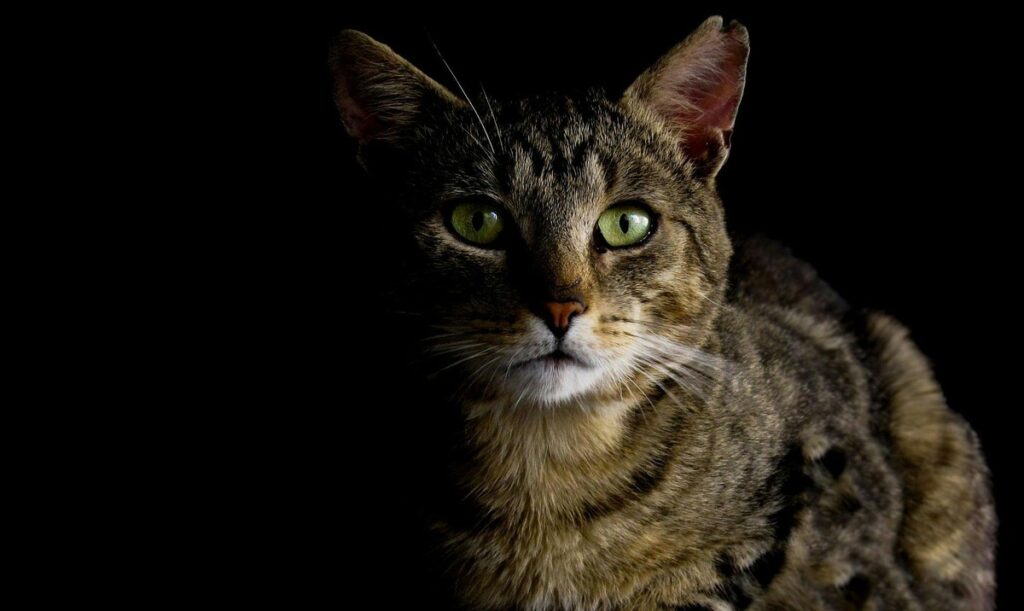
Cats are naturally more active during dawn and dusk, which means they might be ready to play while you’re trying to sleep. Midnight zoomies and playful meows are common behaviors, especially in younger cats. Establishing a routine that includes evening playtime can help tire them out before bed, ensuring a more peaceful night for everyone.
13. Behavioral Issues Can Arise

Even the sweetest cats can develop behavioral problems, such as scratching, biting, or spraying. These issues are often rooted in stress, boredom, or unmet needs. Addressing the underlying cause and working with a vet or behaviorist can help resolve these challenges. Patience and consistency are key.
14. Cats Form Strong Bonds
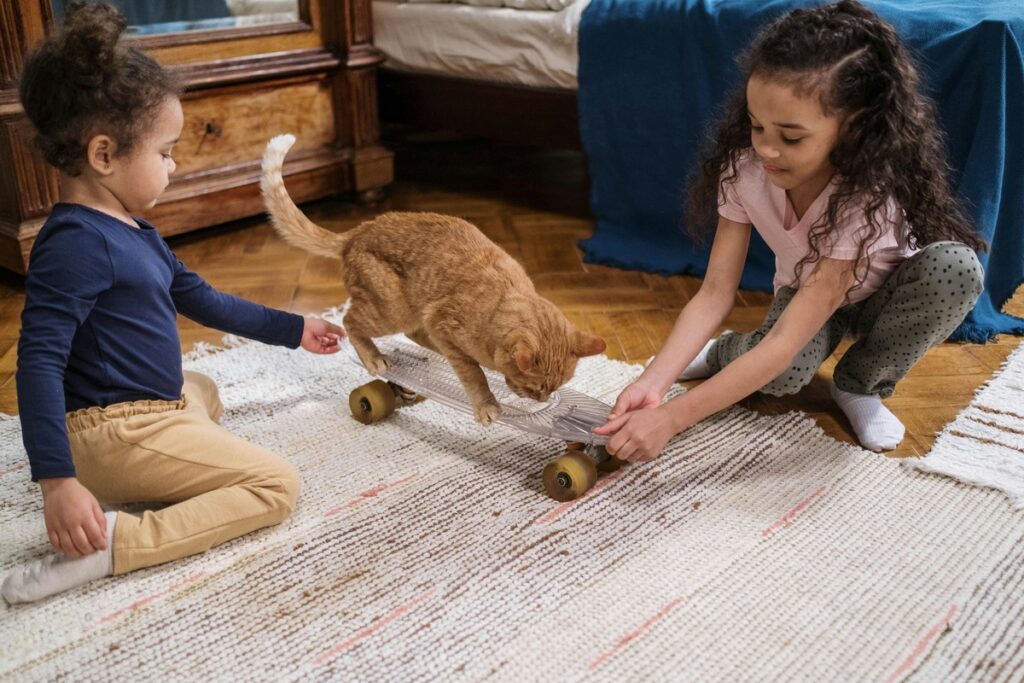
Contrary to their reputation for being aloof, many cats form deep emotional connections with their owners. They may follow you around, curl up on your lap, or bring you their favorite toys as gifts. These bonds are incredibly rewarding, but they also mean your cat will rely on you for emotional support and companionship.
15. Adopting a Cat Is a Lifetime Commitment
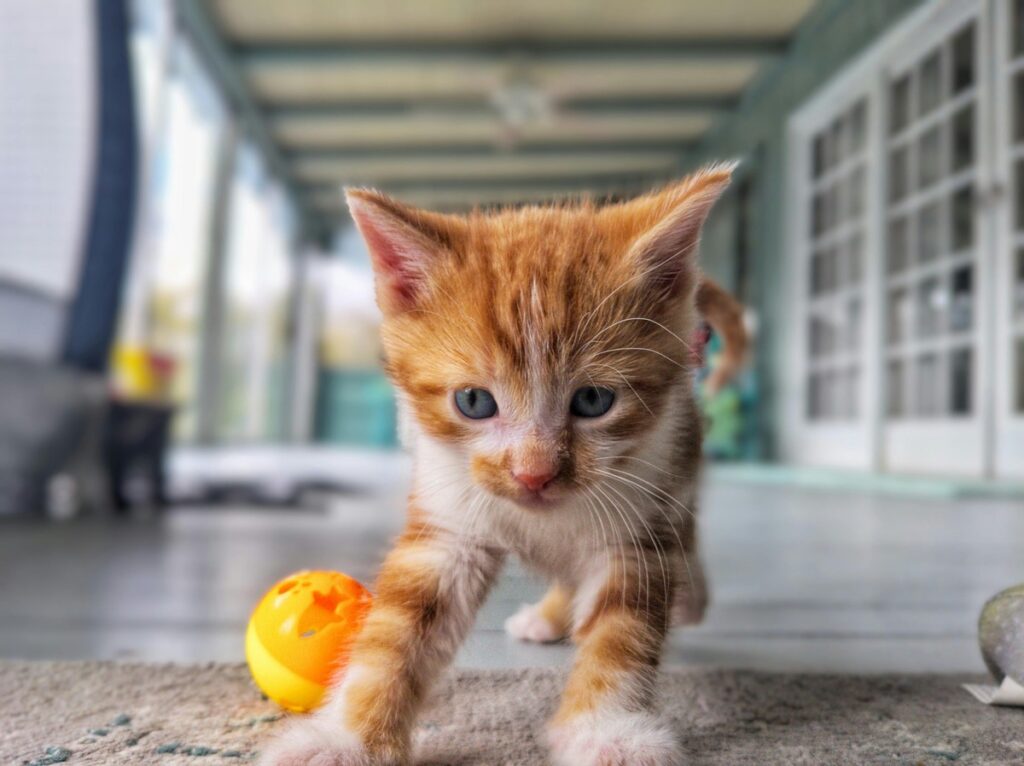
A cat isn’t just a pet—they become a member of your family. Adopting one means committing to their care for their entire life, through both joyful and challenging times. It’s a decision that requires thought, preparation, and a willingness to adapt to their needs as they grow and change.
Adopting a cat is a wonderful experience, but it’s not a decision to take lightly. By understanding their needs and being prepared to meet them, you’ll create a loving and supportive environment where your cat can thrive. If you’re ready for the commitment, a cat will reward you with years of loyalty, companionship, and plenty of purrs.







